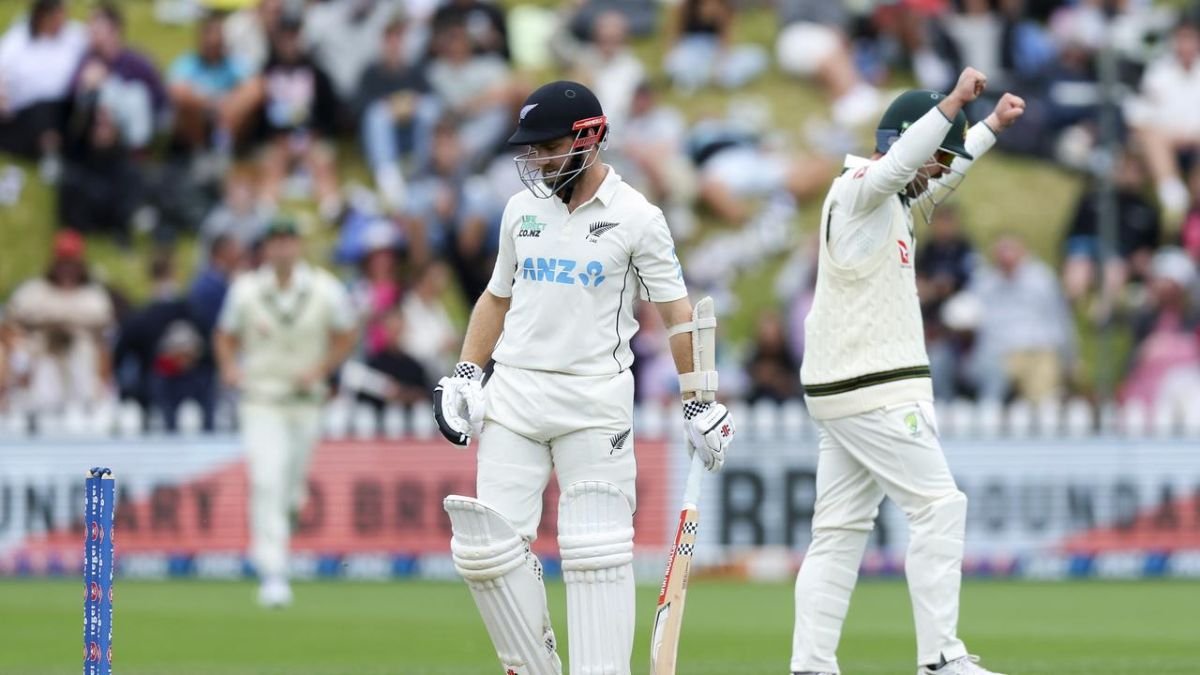Indian Alco-Bev Startups Struggle Under High Costs and Unfair Policies Amid MSME Shutdown Surge

Key Highlights:
Indian Alco-Bev Startups 2025 are at a crossroads. Once seen as a vibrant new wave of entrepreneurial energy, these homegrown liquor brands are now suffocating under heavy regulatory burdens and financial constraints. With over 35,000 MSMEs shutting down in FY25, the future of India’s alco-bev sector is looking grim.
Startups in this space are now raising their voices for equitable treatment, policy clarity, and supportive excise reforms to protect their innovation-driven ecosystem.
Unfair Excise Costs Hit Indian Alco-Bev Startups 2025 the Hardest
One of the most painful challenges for Indian Alco-Bev Startups 2025 lies in the unequal excise duty and registration structures that favor imported Bottled in Origin (BIO) brands over Indian Made Foreign Liquor (IMFL).
Take Maharashtra for example:
- Annual label registration for an IMFL gin brand: ₹14.6 lakh
- For a BIO gin brand: just ₹6,250
This pricing disparity has left Indian alco-bev startups at a severe disadvantage, hurting their ability to scale or survive in key markets.
“The market doesn’t reflect the new-age craft liquor boom,” said Rakshay Dhariwal, founder of Maya Pistola Agavepura. “Without fair access, Indian alco-bev startups can’t grow locally—let alone globally.”
High Setup Costs Crush New Entrants in Indian Alco-Bev Startups 2025
The license fee to set up a distillery in most states ranges from ₹50 lakh to ₹2 crore per year, forcing smaller startups to opt for contract manufacturing or even imported blending—undermining the very idea of “Made in India.”
Goa remains an exception, offering bottling licenses at ₹10 lakh without needing a separate distillery permit. Industry experts urge other states to adopt similar startup-friendly policies to cut entry barriers and promote domestic innovation.
Packaging Laws Restrict Innovation for Indian Alco-Bev Startups 2025
Another major roadblock is the restrictive packaging regulation. IMFL brands are not allowed to use materials like steel, clay, or aluminum, while imported brands enjoy full freedom.
“This is blatant bias,” said Mayukh Hazarika, CEO of Cherrapunji Eastern Craft Gin. “Startups need freedom to experiment if Indian alco-bev startups are to compete globally.”
These limitations not only restrict creativity but dampen the global brand appeal of Indian products.
MSME Data Shows Alarming Trends for Indian Alco-Bev Startups 2025
Government records show that over 75,000 MSMEs have closed since the COVID era, with 35,567 MSME closures in FY 2024–25 alone. Many of these were from alco-bev, craft food, and retail sectors. For alco-bev startups, this signals a dire need for emergency policy intervention.
What Indian Alco-Bev Startups 2025 Need Now: A Policy Overhaul
To rescue Indian Alco-Bev Startups 2025, industry leaders are calling for a dedicated startup excise framework, which includes:
- Lower entry and license costs for DPIIT-recognized startups
- Equal fee structures for IMFL and BIO brands
- Permission to innovate with modern packaging materials
- Single-window approval systems for faster market access
- Manufacturing support through affordable state-run bottling zones
Indian Alco-Bev Startups 2025 Are Fighting to Stay Afloat—Reforms Can Save Them
Indian Alco-Bev Startups 2025 represent more than just liquor brands—they are a symbol of Indian creativity, entrepreneurship, and global potential. Yet, outdated policies and unequal regulations are eroding this spirit.
If India truly wants to empower its MSMEs and craft sectors, it must act now—with a bold, forward-looking excise policy reform that uplifts rather than restricts.
The Hindustan Herald Is Your Source For The Latest In Business, Entertainment, Lifestyle, Breaking News, And Other News. Please Follow Us On Facebook, Instagram, Twitter, And LinkedIn To Receive Instantaneous Updates. Also Don’t Forget To Subscribe Our Telegram Channel @hindustanherald








